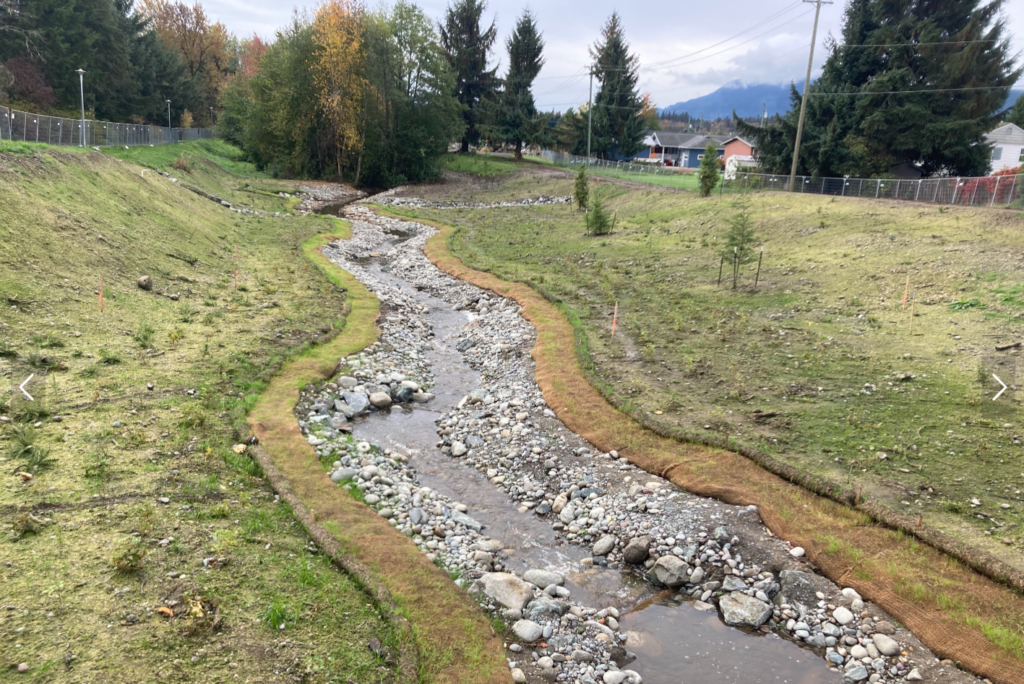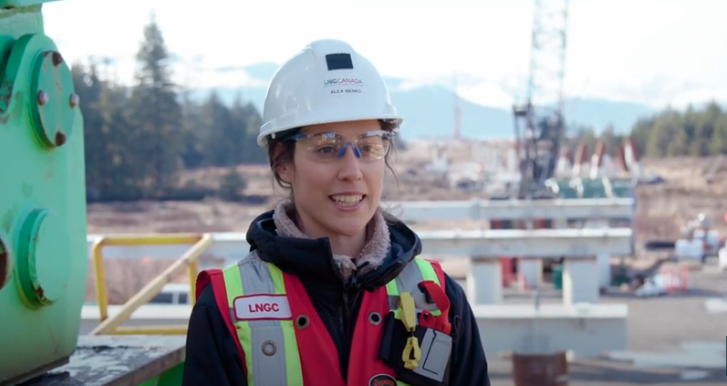Jul 23, 2019
Accurate climate science: worth the effort
Share
In the world of the 24-hour news cycle, shrinking media landscape, and abundance of social media, it can be challenging to understand what media sources are accurate, what reports to read, and what makes someone qualified to speak to a particular topic.
A report was recently issued by an anti-fossil fuel group, claiming to be an international non- governmental organization that catalogues fossil fuel infrastructure. The report was well-formatted with colourful charts and graphs, but the science was more than questionable. Regardless, it was widely picked-up by mainstream media.
On the other hand, you have an organization like the International Energy Agency (IEA), an international, autonomous organization that provides data, analysis and solutions on all fuels and technologies.
The IEA is comprised of 30 member countries and 8 association countries that together, account for close to 75% of global energy consumption and more than half of global energy production. The organization collaborates with over 6,000 experts from government, industry and research, and hosts leading speakers for talks on the future of energy.
A few days after the report with the questionable science was issued, the IEA published a document titled, The Role of Gas in Today’s Energy Transitions. This report identifies “natural gas as one of the mainstays of global energy: worldwide consumption is rising rapidly and in 2018, gas accounted for almost half the growth in total energy demand. Gas plays many different roles in the energy sector and, where it replaces more polluting fuels, it also reduces air pollution and limits emissions of carbon dioxide.”
The evidence-based report found that switching to natural gas has already helped to limit the rise in global emissions since 2010, alongside the deployment of renewables and nuclear energy and improvements in energy efficiency. It also identifies where opportunities would be to capture approximately 1.2 GT of CO2 emissions reductions through fuel switching, as well as where the opportunities could be more limited in the absence of policy measures and new technologies.
The IEA report isn’t all rosy – or one-sided. The report recognizes the challenges for natural gas due to methane, as well as combustion, and is clear that unabated fossil fuel development is not the answer either. But it recognizes efforts are being made because it is not possible to transition global energy systems overnight. The report states, “There is no single solution to turn emissions around: multiple approaches, policies and technologies will be required at different times. These will be led by renewables and efficiency, but – in certain time frames and sectors – we find that switching away from more polluting fuels to gas can play an important role. Gas delivers valuable energy services, some of which – notably seasonal storage, high-temperature heat for industry, and winter heating for buildings – are difficult to replicate cost-effectively with low-carbon alternatives.”
The report very clearly states, “on a full life cycle basis, comparing coal and gas used for power generation or for heat, we find that 98% of gas consumed today has a lower emissions intensity than coal.”
The climate is the most complex system on our planet and must be understood with the same level of study consistent with its level of complexity. As citizens, politicians and journalists, we must “lean in” on the most complex issues in our society.
This means putting in the time and doing the research to identify accurate, evidence-based and scientific research to help ourselves, our constituents and readers better understand positions and policy.
Failing that, we are left with alternative facts and sound-bytes that drive public perception and political positions. The final outcome — complex issues fail to be addressed with sound policies leading to potentially worse outcomes for society.


